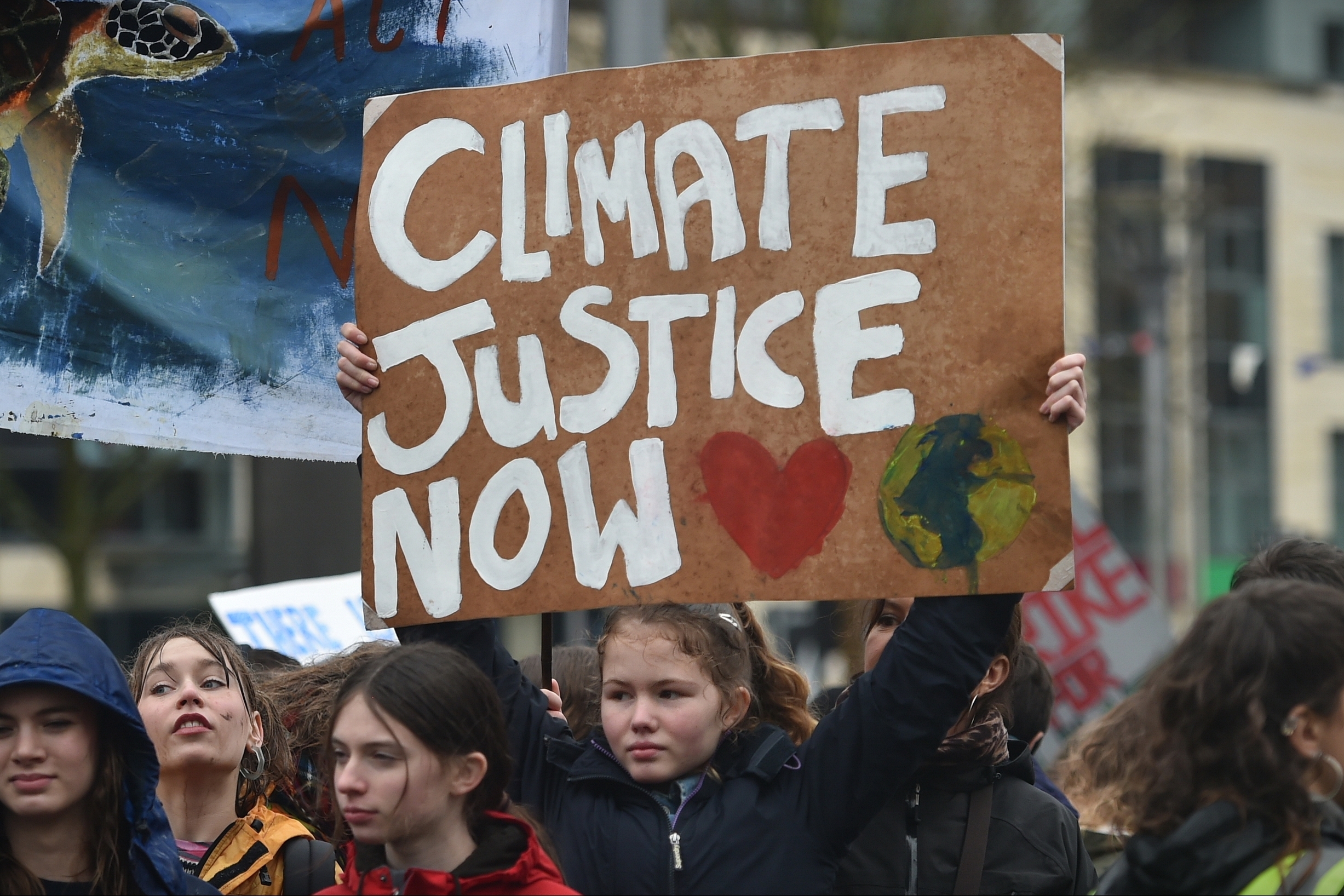Hawaii Court: People Have ‘Climate Rights’

Last week, the Hawaii Supreme Court ruled that there is a right to a “life-sustaining climate system,” marking the first time a U.S. court has recognized climate rights. The case, which began in 2017, involved Hu Honua Bioenergy’s appeal against the Public Utilities Commission (PUC) after the regulator denied the company’s plan to enter into a power purchasing agreement with Hawaii Electric Light Company (HELCO).
The court upheld the PUC’s decision, stating that the regulator “understood its public interest-minded mission” and rightly considered the project’s impact on citizens’ “right to a clean and healthful environment.” Associate Justice Michael Wilson wrote that the climate emergency and the need to limit atmospheric CO2 concentrations below 350 ppm necessitate the protection of Hawaii’s people’s right to a “life-sustaining climate system.” The new-found right is derived from substantive due process and the public trust doctrine enshrined in the Hawaii Constitution.
The landmark decision could significantly affect climate litigation in the U.S. and beyond. Maria Antonia Tigre, a Sabin Center global climate litigation fellow, noted the importance of interpreting the right to a safe climate within the rights for a healthy environment and connecting it to other human rights. In addition, the ruling demonstrates that courts are paying attention to net-zero commitments and that corporate strategies to emit now and offset later may not be successful if challenged in court.
International and U.S. courts are increasingly recognizing the intersection of climate and human rights. Legal benches across South America, Africa, the Middle East, and Europe have considered lawsuits probing affirmative human rights to healthy environments, ecosystems, and climate. While the U.S. deals with the most climate lawsuits globally, these cases face higher hurdles in a more stringent legal framework under the centuries-old Constitution without explicit environmental rights language.
The Hawaii ruling cites the ongoing Juliana v. U.S. case, which involves 21 plaintiffs seeking to reignite their case toward trial under amended claims. Hawaii Supreme Court Justice Michael D. Wilson remarked that the failure of the federal judiciary to grant redress necessitates the creation of “climate rights” by state judiciaries.
According to Lewis & Clark law professor Lisa Benjamin, only a few cases in the U.S. ground climate obligations in human rights language. While it remains unclear whether other states with similar constitutional language will adopt this interpretation, the Hawaii ruling represents what progressive legal experts declare as “an exciting development in climate rights litigation.”












